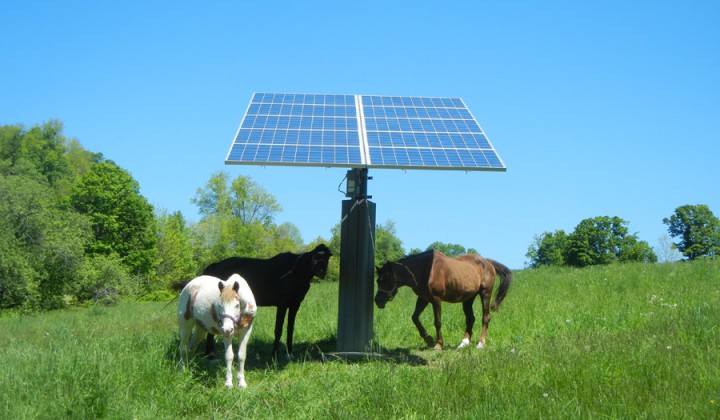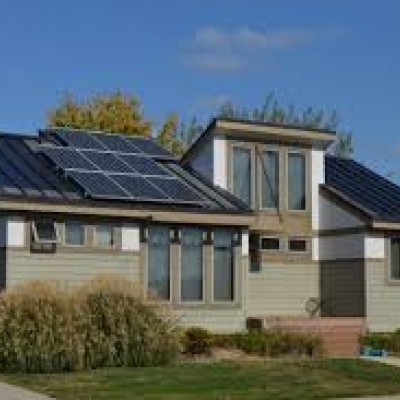Are solar and net metering a net positive for ratepayers?

The answer is, yes. As an increasing number of studies have shown, more often than not, solar and net metering provide a net benefit to ratepayers. Nevertheless, utility companies, and others in Massachusetts continue to assert that solar and net metering raises electricity rates and only benefits the lucky few solar owners. They even claim that solar hurts low income people. These claims are misguided and untrue.
While Massachusetts has yet to calculate its own solar and net metering cost and benefit study, data from national studies and those conducted in other states can inform the extent to which solar and net metering are a net positive for ratepayers in the Commonwealth. These studies show that, more often than not, solar customers are not shifting costs, solar doesn’t substantially raise rates, solar is a net positive and low income communities can access solar. For example:
- An analysis released by the Acadia Center, puts the value of solar electricity in Connecticut at 20-25 cents/kWh. This valuation does not include an estimated 9.6 cents/kWh of benefits resulting from avoided pollution, such as carbon, SOx and NOx emissions.
- A cost-benefit study of net metering in Missouri concluded that the practice is beneficial for all customers, regardless of whether they have rooftop solar or not. News here.
- A Maine value of solar study put the solar valued at 33 cents per kWh, more than twice cost of utility power. News here.
- A study commissioned by the California Public Utilities Commission found that, on average, solar customers on average cover their full costs to the electric grid.
- The benefits of net metering in Mississippi outweighed the costs in all but one scenario according to a 2014 study. News here.
- An analysis from the Lawrence Berkeley National Laboratory (LBNL) found that even the most aggressive net-metering solar programs would have minimal (0.1-2.7 percent) impact on electricity rates.
- A study by the Nevada Public Utilities Commission shows that benefits of rooftop solar outweigh the costs.
- A 2013 evaluation of net metering in Vermont showed that net metering does not “impose a significant net cost to ratepayers who are not net metering participants.”
- A 2013 analysis conducted by the Center for American Progress revealed that rooftop solar is not just being adopted by the wealthy; it is, in fact, mostly being deployed in neighborhoods where median income ranges from $30,000 to $90,000.
Download a PDF summary of these studies here.


